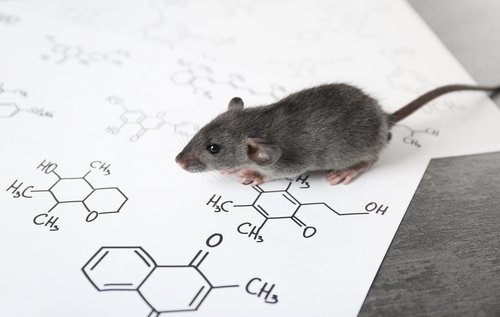Strict Diet Control in Mouse Study Seen as Potential Huntington’s Disease Therapeutic Approach

Following a strict diet schedule helped clear away the protein responsible for Huntington’s disease in mice, according to researchers in Canada.
The study, “Preventing mutant huntingtin proteolysis and intermittent fasting promote autophagy in models of Huntington disease,” was published in the journal Acta Neuropathologica Communications.
The buildup of mutant huntingtin protein (mHTT) plays a central role in the severity of Huntington’s disease. Previous studies have shown that increasing the degradation of mHTT can improve the symptoms of Huntington’s.
Most studies have focused on targeting the gene that provides instructions to make the huntingtin protein. Another therapeutic strategy would be to enhance mHTT protein degradation.
University of British Columbia researchers used mice with different versions of mHTT to understand the processes behind disease development.
It was unclear why a specific strain of mice who express a modified from of the huntingtin gene do not show Huntington’s symptoms.
The team found that the genetic modification prevents the mHTT protein from being cut, or cleaved, at a specific site. Also, these mice had higher rates of a cellular debris clearing process (known as autophagy) than mice with regular, cleavable mHTT, indicating that the cleavage site is important for regulating autophagy.
By regulating the food intake of mice through a diet of prolonged fasting or scheduled feeding, researchers could enhance autophagy and reduce mHTT levels in the animals’ brains.
“We know that specific aspects of autophagy don’t work properly in patients with Huntington disease,” the study’s lead author, Dagmar Ehrnhoefer, said in a press release.
“Our findings suggest that, at least in mice, when you fast, or eat at certain very regulated times without snacking in between meals, your body starts to increase an alternative, still functional, autophagy mechanism, which could help lower levels of the mutant huntingtin protein in the brain,” Ehrnhoefer said.
Based on these data, researchers believe that strict diet control reduces the amounts of mHTT protein and may contribute to its clearance.
“As mHTT levels are closely correlated with pathology, these findings, therefore, correlate environmental influences with disease in a mouse model of HD,” they wrote.






